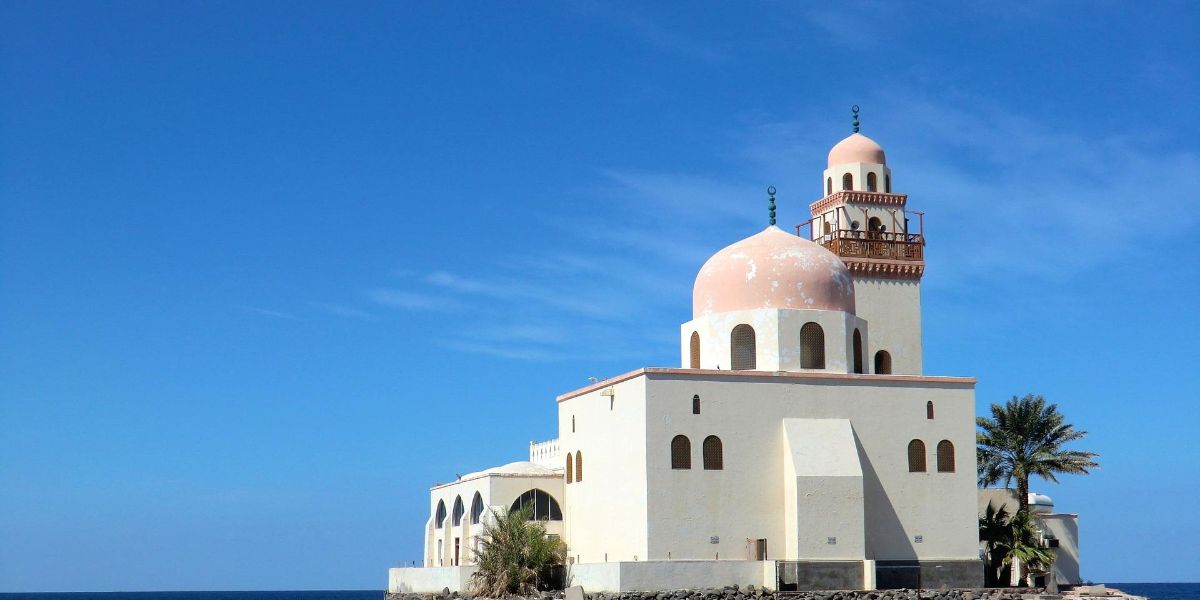The IMF issued a report on 9 September 2015 following the conclusion of consultations with Saudi Arabia under Article IV of its articles of agreement.
Saudi Arabia has been one of the strongest growing G20 economies, but with the recent fall in the oil price real GDP growth is expected to slow to 2.8% in 2015 and to 2.4% in 2016. In the medium term economic growth is expected to be around 3%. This increases the importance of implementing structural reforms to move the focus of growth towards the private sector. The government is focusing on reforms to increase employment of Saudi nationals and to diversify the economy away from the dependence on the oil sector.
The drop in the oil price and the growth in government expenditure have led to a large fiscal deficit in 2015 and in the medium term. The IMF considers that a mix of expenditure and revenue measures is required including energy price reforms, control of the public sector wage bill, more efficient public sector investment and an expansion in non-oil revenues.
The non-oil tax regime is currently very light and non-oil revenue (apart from investment income) was only around 7% of non-oil GDP in 2014. Saudi Arabia does not impose personal income tax on wages. Corporate profits, and business income of Saudi citizens, are subject to Zakat at 2.5%.
The IMF considers that non-oil revenues should be increased to finance government services in the longer term. The introduction of a value added tax (VAT) would strengthen the non-oil tax base. The general outline of a VAT system has already been planned at the level of the Gulf Cooperation Council.
In its recommendations following the 2014 Article IV consultation the IMF suggested the introduction of a tax on high end property and/or on vacant land. Saudi Arabia’ Council of Ministers has now proposed to introduce a tax on vacant land and the details are being worked out. The IMF considers that a tax on high end properties would also contribute to increasing the non-oil revenue base.













